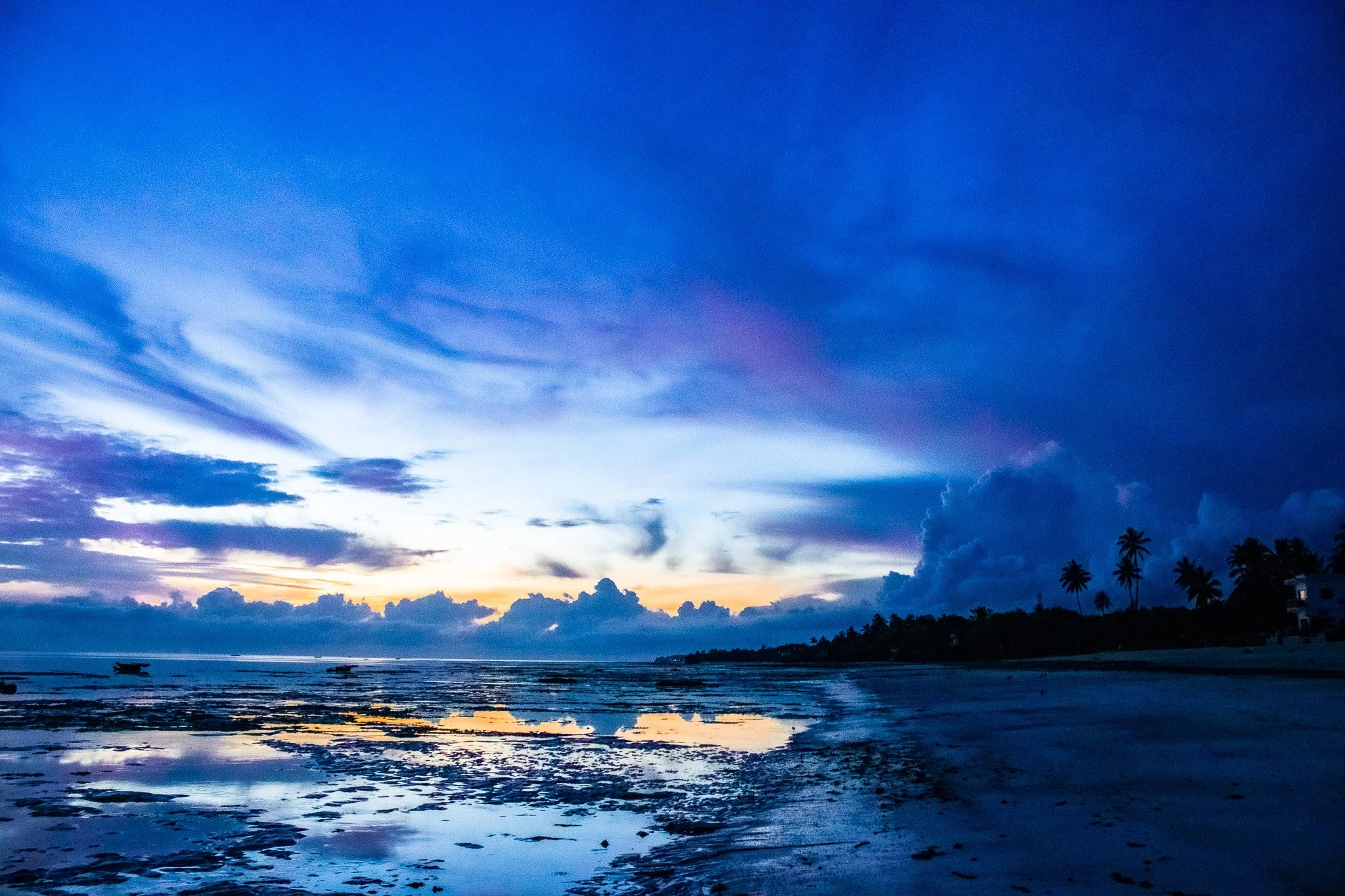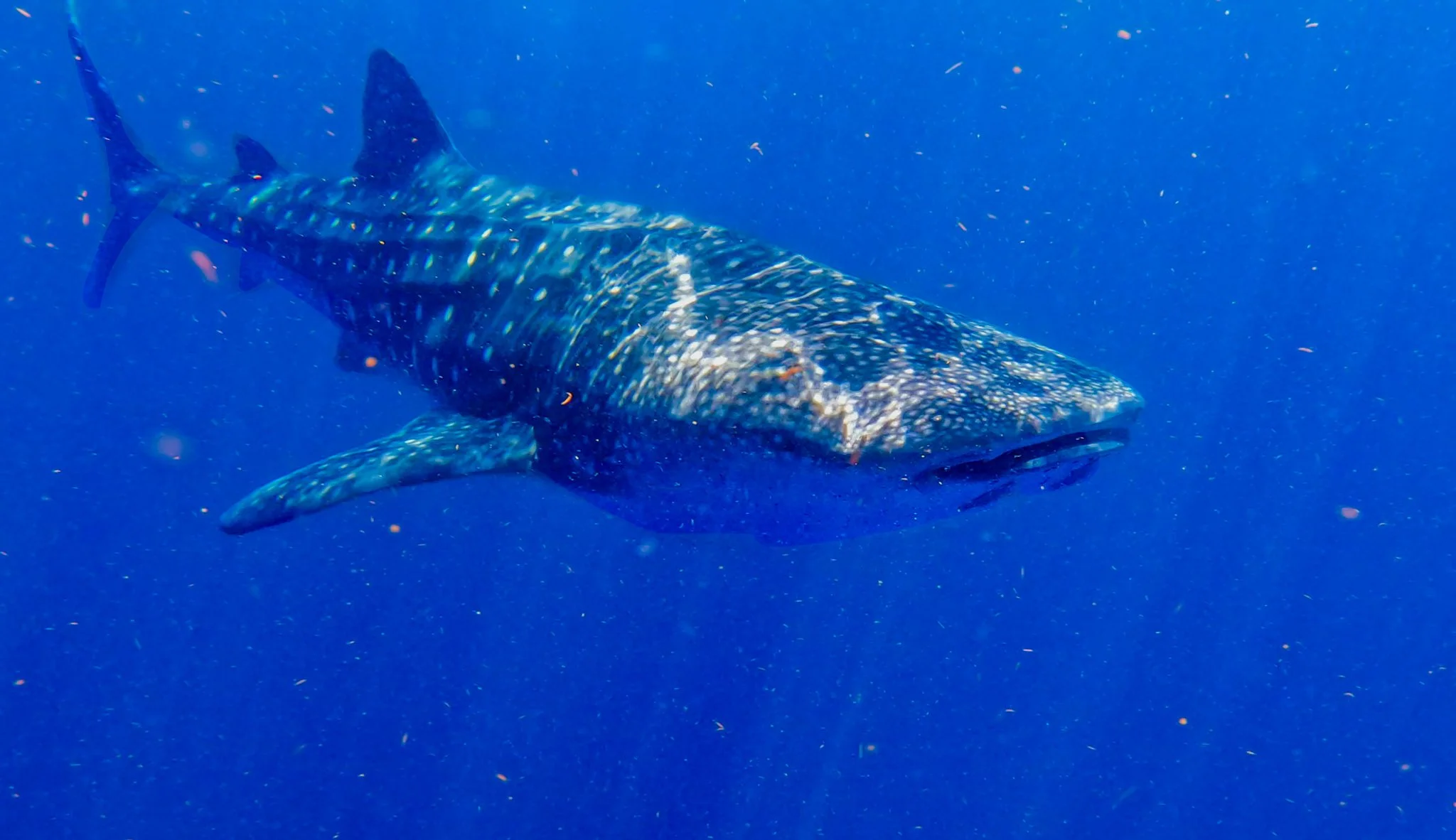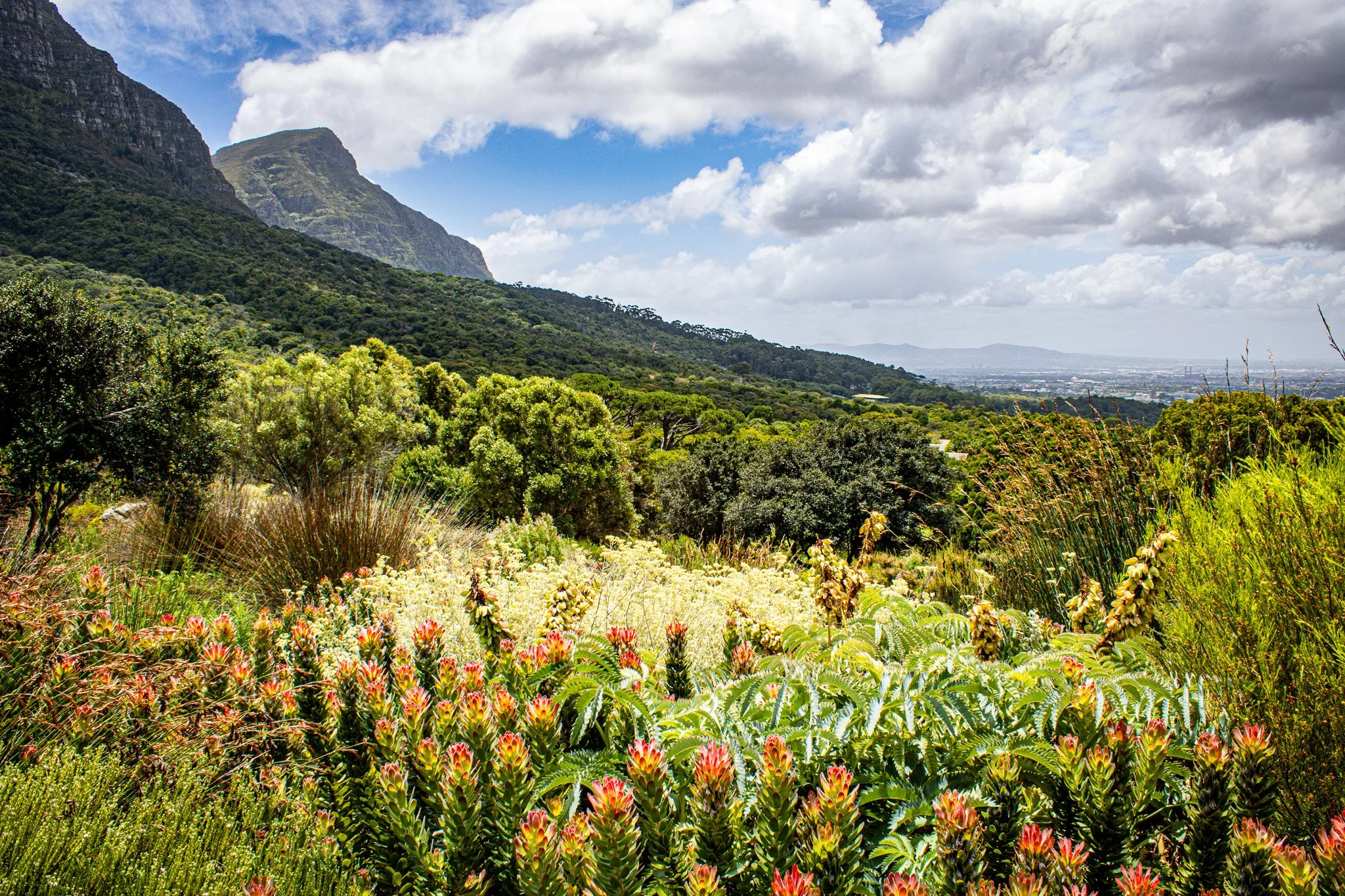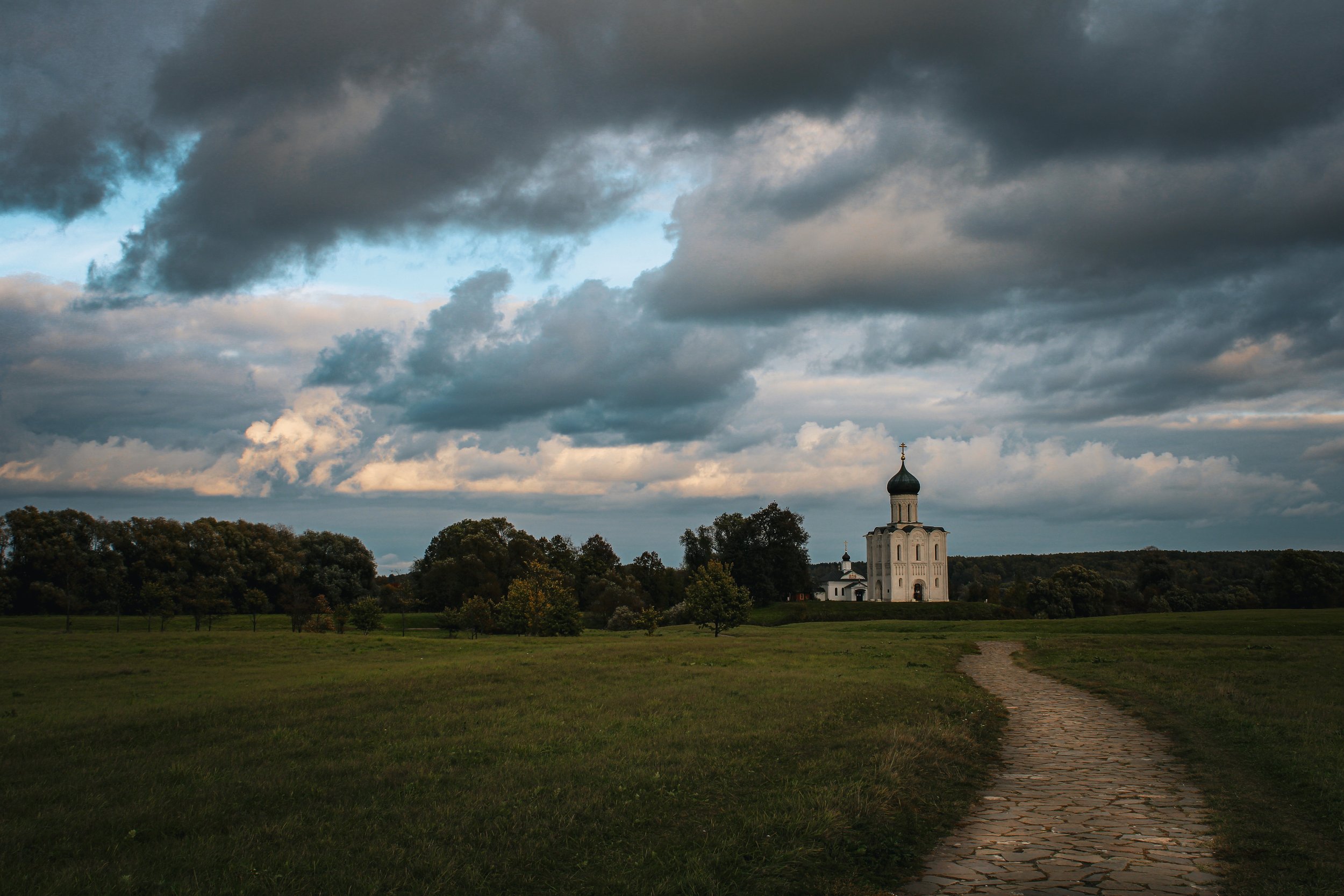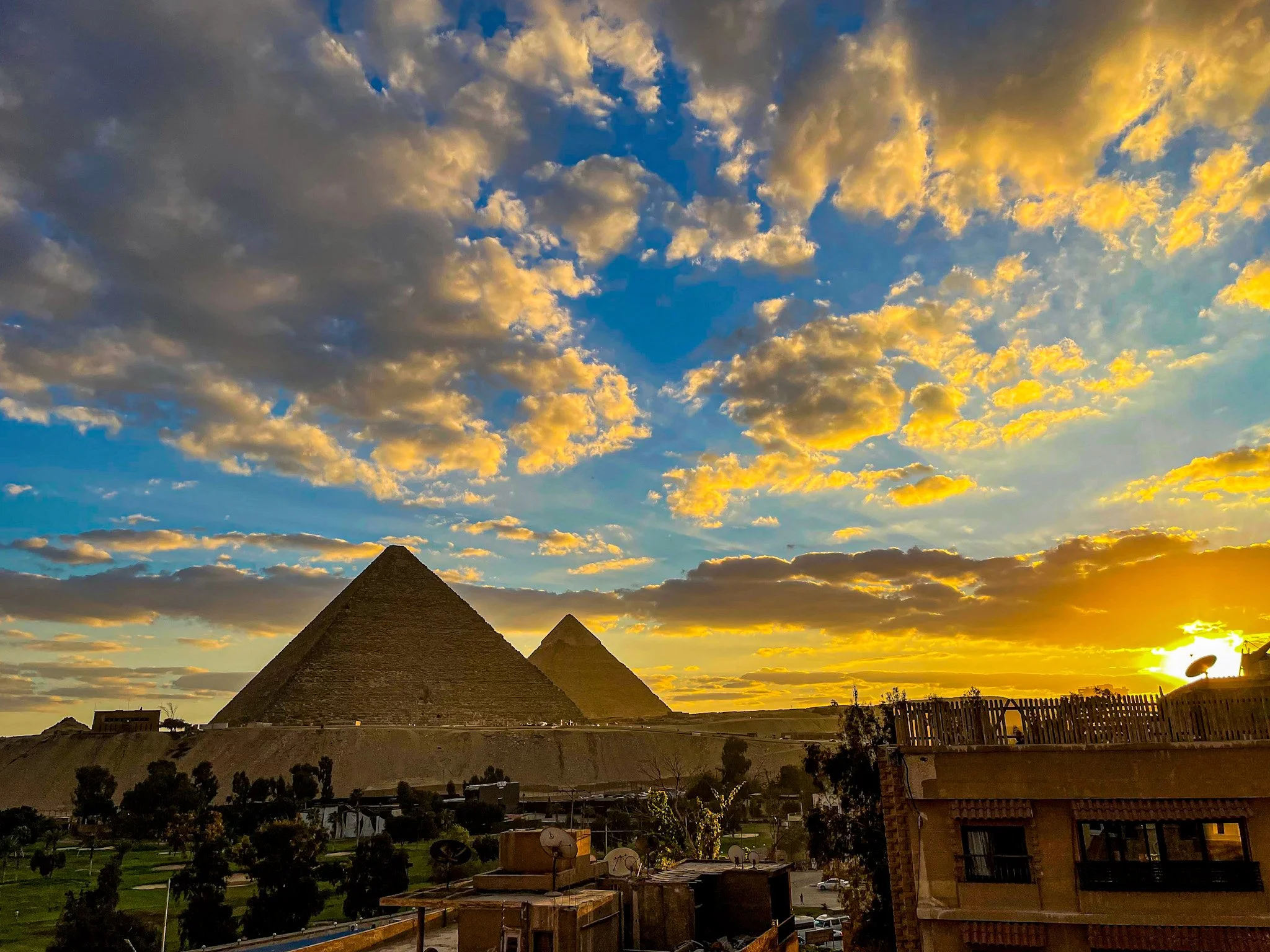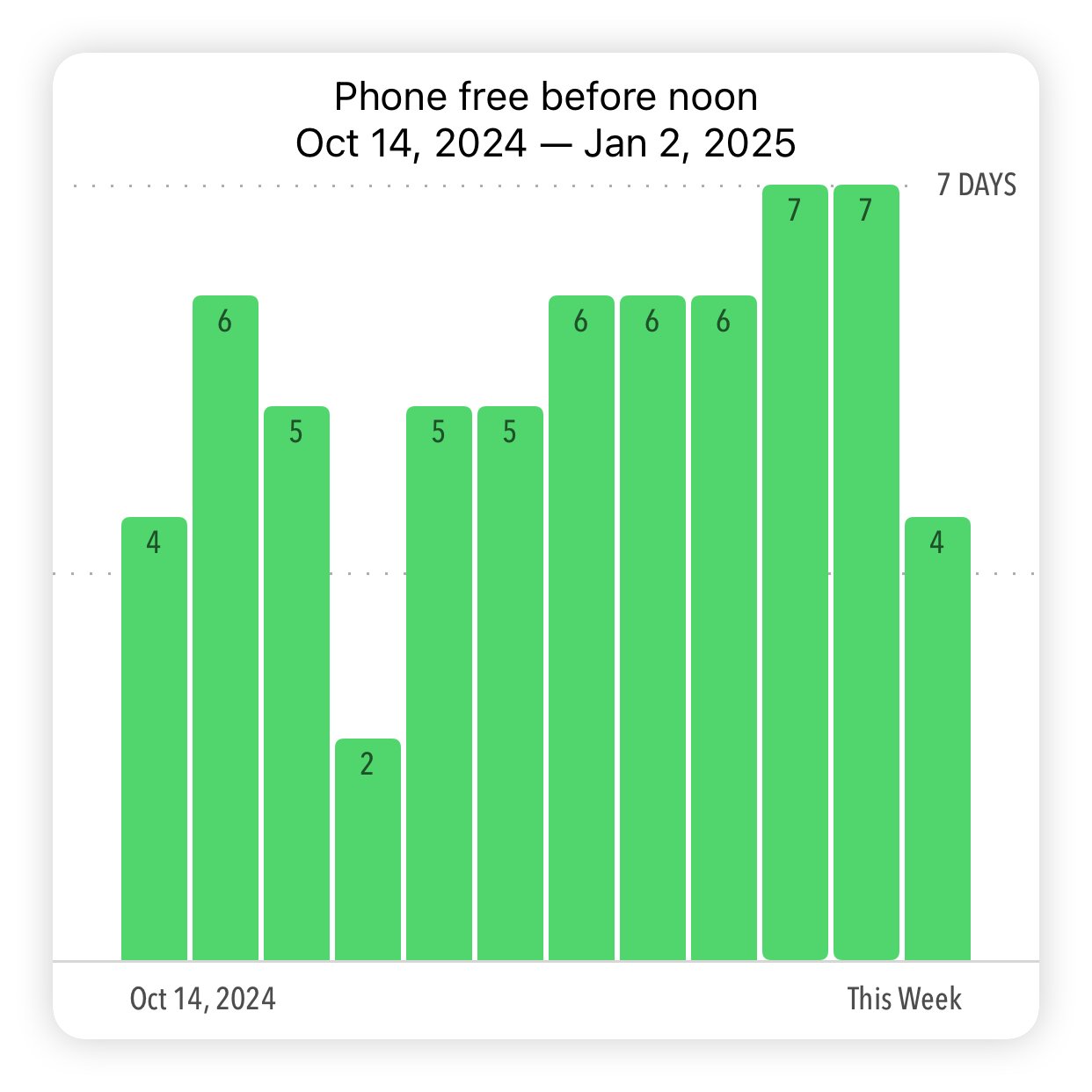I watch a lot of sports. Probably about 4-5 hours per week, depending on the season and time of year. Yet my relationship to sports has evolved. Recently, I've pondered two particular aspects of our modern American sports culture: betting and fandom.
Sports betting has exploded in popularity in recent years. It also seems to be the one vice I don't have, so I'm pretty foreign to this world. But I wondered: does sports betting help us think critically? You'll hear bettors rationalize their bets: "X beat Y by 3 points, Y beat Z by 10 points, so X is going to beat Z." I'd wager a lot of gamblers employ more critical thinking in their sports betting than in any other part of their daily lives. Because there's a monetary interest inherent in the activity, they think critically through the factors that influence their bets.
Maybe this changes as gambling devolves into an addiction, I don't know—that's outside the scope of this piece. But there's definitely some legitimate critical thinking going on within this world. I asked my friends J, C and T some basic questions about how they bet (slightly edited for clarity):
Biggest factors you consider when placing a bet?
J: “I am a trend guy… If there isn’t consistency I don’t take it. There are subscriptions now that have stats…and that stuff is wild. I use less of my gut and favoritism and try to focus on the facts”
C: “Where they are playing, who is home who is away, if one team has a guy that’s been playing well or not. I always take their records into consideration but more so care about the spread/‘the line’ of that particular game. And lastly obviously gut.”
T: “Biggest factors are based on the teams I watch regularly so I have a good handle on how they are playing and what stats certain players are trending at. I look at factors such as stats and feeling as well; it’s a balancing act. Really depends on how much I’ve watched that player/team.”
Your top advice?
J: “Don’t gamble what you can’t afford. I put $100 in January and I am up to $300. I don’t make this an income type of system. I do it for the thrill of making any game that’s on a little bit more exciting. If things go right I make a small amount.”
C: “Never wager outside of your means. Do it for fun. Betting is just an added layer of entertainment not a means of income.”
T: “Biggest advice is to start small; pick sports you enjoy watching.”
This is a small, homogenous sample size. Notice these are all men. Their average age was 33 years old. But it’s clear from their answers that none of my friends are addicted to gambling. All three of them are obviously thinking critically about their bets, even if they all see it as simply entertainment. They all mention some role for instinct or ‘feeling,’ but either consciously try to minimize it or see it as one part of a balanced approach. All three of them stress financial responsibility.
With the sheer amount of content online and the rise of disinformation and misinformation, critical thinking is increasingly important in today's world. To operate as a functional society, we must be able to consider information, consciously evaluate its truthfulness, relevance, and purpose, and rationally understand why we believe something to be true. Literacy, and digital literacy, are key components to coexisting together in a big, noisy world. Maybe sports betting provides some practice.
Of course, sports betting strays from the simple evaluation of facts to the murky waters of prediction. And I'm not arguing that sports betting is the perfect encapsulation of critical thinking. But can it serve as a microcosm? Maybe it's an (entertaining) vehicle that helps us get there? All I'm saying is, the pitfalls and consequences of sports gambling are well known. But we often throw the baby out with the bathwater. Maybe it can contribute, in some small way, to stronger critical thinking skills among the population.



